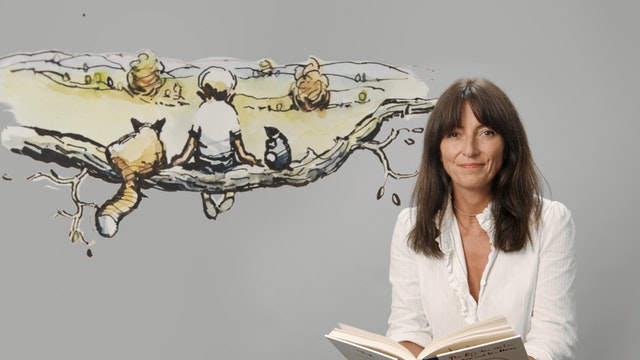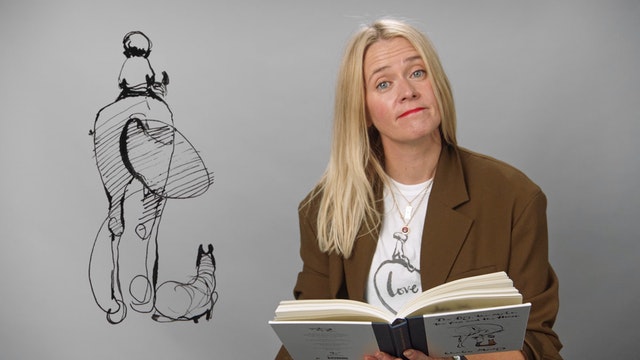The new Every Mind Matters campaign from the NHS has put together tips to help parents notice the signs of mental illness among children, as well as tips on how to support families. Read this article from the Press Association for more information.
Health officials have released a series of tips to help parents spot signs of mental illness in children after a poll found that many were worried about their child’s mental health as a result of the coronavirus pandemic.
The new Every Mind Matters campaign encourages parents to look out for signs of mental ill health among children, and offers tips to support families.
The campaign comes after a poll found that many parents were concerned about their child’s mental wellbeing as a result of Covid-19.
A poll of more than 2,500 parents in England with children aged five to 18, conducted by Public Health England (PHE), found that 52% said the mental wellbeing of their children topped the list of their biggest worries during the crisis.
Two thirds (69%) said their child’s behaviour had changed since the start of the pandemic.
And 22% said not knowing what action to take had prevented them supporting their children’s mental wellbeing.
Davina McCall helped with the campaign (Public Health England/PA)
As a result, officials released tips to help parents be there for their children, including:
- Be there to listen: Ask the children and young people you look after how they are doing regularly so they get used to speaking about their feelings.
- Stay involved in their life: Show interest in their life and the things that are important to them.
- Support positive routines: Be a positive role model and support positive behaviours including regular bedtime routines, healthy eating and getting active.
- Encourage their interests: Being active, creative, learning things and being a part of a team are all good for mental health. Support children and young people to explore their interests
- Take what they say seriously: help the children and young people you look after feel valued in what they say and help them work through difficult emotions.
To mark the new campaign officials have also released a short film featuring the work of artist Charlie Mackesy and a number of celebrities including presenters Davina McCall, Marvin Humes, and Edith Bowman.
McCall said:
“Children have missed out on so much during lockdown and like lots of other parents, I’ve wanted to support mine as much as I possibly can”.
“As we’re starting to go back to normality and there’s still lots of uncertainty for our kids, it’s important we’re there for them through their ups and downs – communication is so important.”
Dr Yvonne Doyle, PHE medical director, said: “Parents and carers relationships with their children are special and we want to give them the support they need.
“Being there to listen and encouraging them to explain how they feel can make a real difference to how children and young people cope with life’s challenges.
“It can also help them develop effective skills to cope with their emotions.”
Mental Health Minister Nadine Dorries said: “The effects of the pandemic on children and young people’s mental health have been challenging and it is vital we continue to do all we can to protect them and prevent long-term effects.
“Young people should feel encouraged to speak up, look out for each other, and ask for help.
“This campaign and these resources are a great way to access support and help parents to understand steps they can take to care even more for their children’s mental health and wellbeing.”
Professor Prathiba Chitsabesan from NHS England, added:
“Parents, carers, teachers and students should also be reassured that the NHS has been and will continue to be there for everyone with concerns about their mental health, whether through 24/7 crisis support lines, video and phone consultations, or face-to-face appointments.”
This article was written by PA Health Correspondent and Ella Pickover from Press Association and was legally licensed through the Industry Dive publisher network. Please direct all licensing questions to legal@industrydive.com.
About the Motability Scheme
If you care for someone who is in receipt of a higher rate mobility allowance, you may not be aware that the Motability Scheme’s worry-free mobility package is designed to help.
The Motability Scheme supports families in staying mobile by offering a unique, all-inclusive leasing package for brand new cars from all the major manufacturers. If you care for a child or someone who doesn’t drive, you can be added as a named driver instead. And as well as standard cars from a range of manufacturers, cars with adaptations, Wheelchair Accessible Vehicles, scooters and powered wheelchairs are available too.
If you’d like to find out more about the Scheme, request an information pack below and we’ll send you all the information that you need to make the right choice.
Related Articles
Striving for independence as a young adult with Cerebral Palsy
Benefits to having a disability
Parenting a disabled child is lonely – so I built an app to help us find each other
![]()










